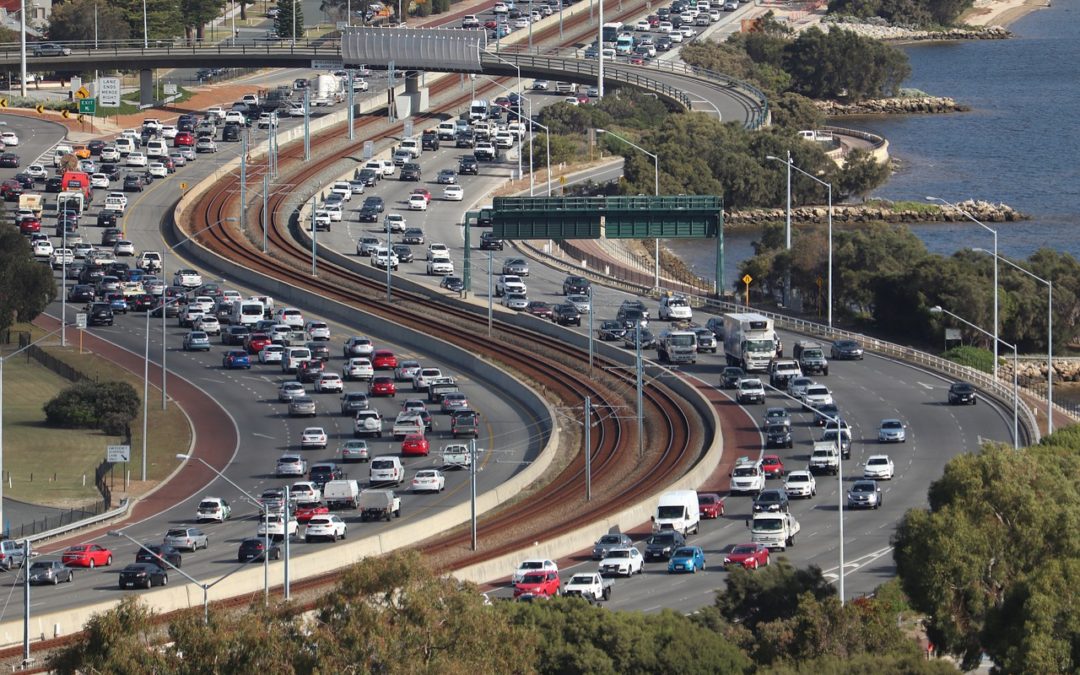LOCOMOTION colleagues from the University of Valladolid presented some preliminary results from a series of simulation carried out using the MEDEAS-World model, LOCOMOTION’s predecessor.
The simulation found that relying solely on future technological innovation would not be sufficient to cut global greenhouse gas emissions in the transport sector by a level consistent with the one required to keep global temperature rises this century below the maximum 2⁰C ceiling indicated by the Paris Agreement.
The only way to achieve the necessary greenhouse gas reductions is through complementing this future technological innovation with radical changes to the way our transport systems are organised and how we use them, the simulation found. This includes minimising private motor vehicles in favour of light electric vehicles and non-motorised modes of transport. In addition, an 85% reduction in the demand for flying would be necessary, the model forecast.
The presentation took place during a virtual conference exploring the theme of ‘Low-carbon Lifestyle Changes’ which was organised by Institut de Ciència i Tecnologia Ambientals (ICTA-UAB).




